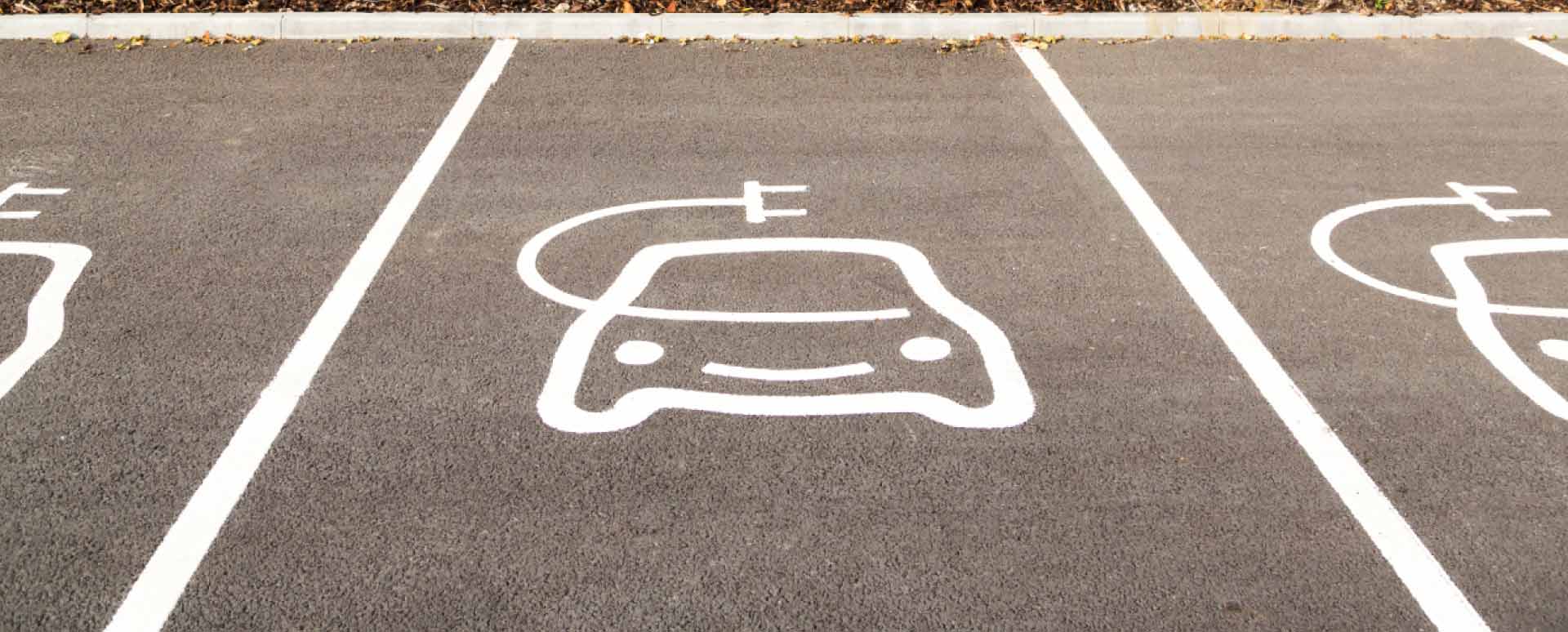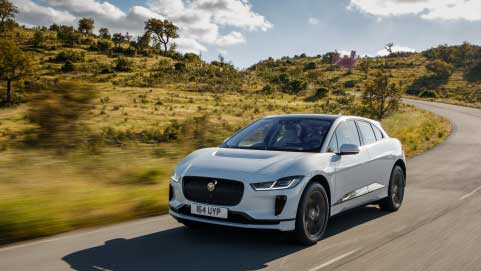Overview of the changes
From 30th June 2022 the way electric vehicles are charged is to be changed. That’s when The Electric Vehicles Smart Charge Point Regulations came into force for all new EV chargers being sold.
From the end of June, all newly installed charge points must comply with the new Electric Vehicles (Smart Charge Points) Regulations, which require the devices to have ‘smart’ functionality that allows the charging of an electric vehicle (EV) when there is less demand on the grid, or when more renewable electricity is available.
The new charging regulations outlined
According to the National Grid, who manage the electricity transmission network, there is plenty of capacity to meet the future electricity demand – but not if everyone charges at the same time. That is what the new smart charge point regulations are aiming to solve. Along with some provisions around cybersecurity and the protection of customer data, the smart charge point regulations introduce three new requirements:
- Default off-peak charging
- A random delay at the start and end of the charge
- Steps to promote customers to sign up to Demand Response Services
Every new EV charger that is sold will have to include a ‘random delay’ of up to 10 minutes every time an EV starts to charge. So, even if the driver has scheduled their charger to start powering-up their vehicle, it will not start to charge straight away. The peak demand – or rush-hour periods on the grid – happen in the morning and late afternoon, so by default EVs will only charge overnight or during the middle of the day. The intention of the new smart charge point regulations is to encourage more EV charging at the off-peak times.
How could this affect fleets?
It has been reported that as many as 46 percent* of British fleet managers are confused by, or are unaware, of the changes made to rules on the sale of smart EV chargers. A lack of understanding around new rules risks undermining the UK’s progress toward net-zero.
A further 26 percent* of fleets falsely assumed that the new rules would lead to raised running costs for their fleet. It has also been reported that the adoption of EV vehicles may have been further complicated or held back by other recent changes to regulations and grants, such as the recent changes to plug-in vehicle grants, for example.
Despite confusion over the rules, it is said the majority of UK firms continue to make solid progress on EV fleet adoption, with eight in ten* having a clear strategy in place, and up to half of those already implementing their plans.
If you are worried about what these changes could mean for your drivers charging their vehicles or how these new regulations could affect your future EV adoption, our team would be happy to talk it through with you and look at all the options available to you to meet your EV adoption goals.
*Fleet News and myenergi.com





